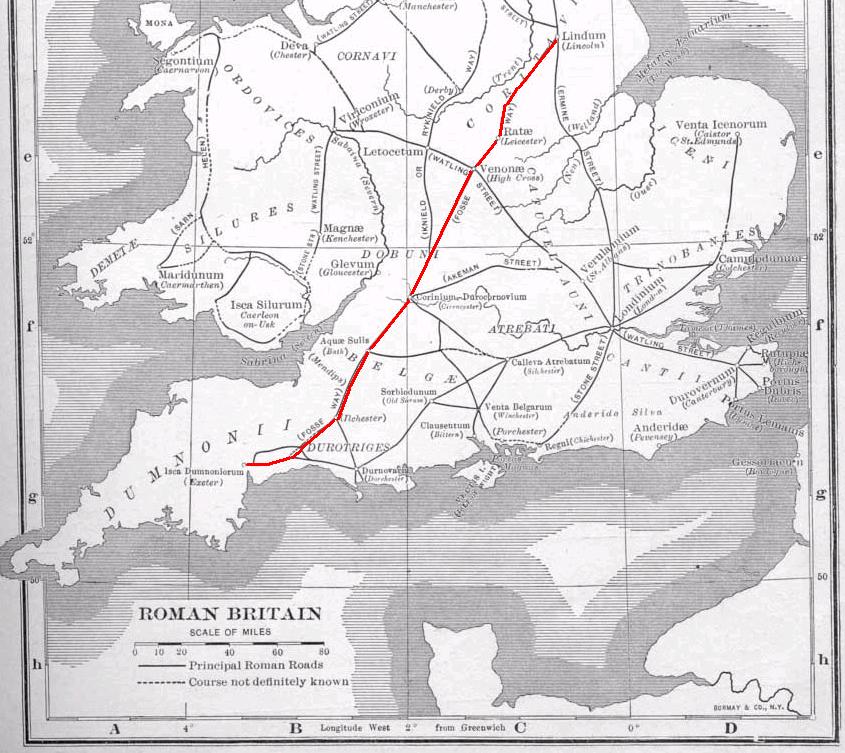Bath for free ★★☆
Free things to see and do in Wiltshire
Free things to see and do in Wiltshire
Bath's small public art museum has a nice collection including Gainsborough oil pantings
The city of Bath offers free guided Mayor's Walks daily
Bath's small public art museum has a nice collection including Gainsborough oil pantings
Free greeter programs around the world encourage locals to welcome you to their hometown
Free lodgings in Britain: Hospitality networks (couchsurfing), home swaps, and house sitting services
Couchsurfing and other hospitality networks allow you to sleep for free in other member's homes
Hospitality networks gather folks who are willing to put up fellow members in their homes for free or for a small fee
Sleep for free on vacation by watching someone's house (and, often, watering their plants and feeding their cat)
Trading spaces isn't just a show on basic cable anymore. It's a way to live life like a local on your travels absolutely for free—so long as you let the local borrow your life (and home) in return.
Programs like WWOOF and Helpx let you barter your services for a free place to stay
If you love sailing, or just have an unquenchable taste for adventure and new experiences, you can sign on to help crew a boat just about anywhere in the world, including the U.K.
A network of free stone cabins where you can sleep off the beaten path in the U.K.
Use Skype (and an internet connection) to make and receive free voice and video calls—or have your friends and family Skype your cell in the U.K. for 10¢ per minute or $1–$2 per month.
The western border of early Roman Briton made a beeline from Lincoln to Exeter, never deviating more than 6 miles from its centerline (those Romans). It later became a road, known as the Fosse Way after the original fossa, or defensive ditch, it followed.
The road crossed the River Avon at the spa town of Aquae Sulis (modern-day Bath), but along much of its route Roman military encampments sprang up many Roman military encampments, known as castrum. This devolved into the Old English cæster, then to the modern "-cester" at the end of many a British city or town (Leicester, Cirencester, Dorcester, etc.).
Want more? The Fosse Way was the main paved road, or "strata" through the region. This became the Old English strǣt, which became not only the word "street," but along the etymyological way gave us "strat" and "stret" variants, like Stratford-upon-Avon, or my favorite: Strettford-on-Fosse.
 The Fosse Way
The Fosse Way